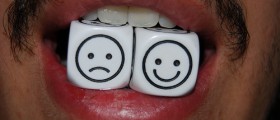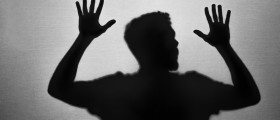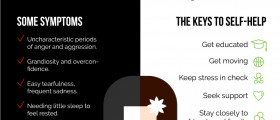
Bipolar disorder is mental disorder characteristic for the presence of both manic and depressive episodes. In most cases, patients are diagnosed with this serious problem as children or as young adults. These people experience severe mood swings in erratic cycles. Their depression is extreme, as well as their mania. They could be euphoric, happy and megalomaniacal at one point and then seriously depressive at another. Because of their illness, patient’s normal thinking and behavior are seriously compromised and people around them could be very concerned about them.
Lithium for Bipolar Disorder
Commonly used medication for the treatment of this mental disorder is lithium. It can also be used to treat some other mood disorders, but salts such as lithium carbonate and lithium citrate are only for patients suffering from bipolar disorder. This drug decreases the severity of the mood swings and prevents their occurrence as well. Doctors are still unsure how lithium actually works, but they do know it positively affects the brain (central nervous system) and lessen symptoms of bipolar disorder.
Lithium Side Effects in the Treatment of Bipolar Disorder
As many other drugs useful for treatment of certain medical problems, lithium is found to cause adverse effects. These can range from minor to extremely difficult problems and how the person will react is very hard to predict.
Some of the commonly found lithium effects are: thirst, dry mouth, nausea, diarrhea, frequent urination and acne and hair loss. Patients may also complain about weakness, tremors in the hands or sometimes drowsiness as well.
Other, Serious Side Effects of Lithium
As more serious adverse effects lithium is discovered to cause: weight gain, incontinence, blurred vision, giddiness, psoriasis and diabetes insipidus. Certain patients have reported libido problems, hyperglycemia, hypothyroidism, coordination problems, unconsciousness, seizures or even interstitial fibrosis. Irregular heartbeat and breathing difficulties are also considered as serious problems related to the use of lithium for the treatment of bipolar disorder.
Monitoring the Side Effects
Since many patients are diagnosed as children, doctors pay significant attention to their side effects. They could experience all of the above mentioned reactions and effects. Tremor in the hands is, however, the most common problem in all patients treated with lithium. Children are also discovered to react to the treatment with lithium salts experiencing: nausea, vomiting and diarrhea. Babies and young children are also particularly prone to problems with the functioning of the central nervous system. Their brain can be damaged or impaired because of the use of lithium for bipolar disorder.










-Uses%2C-Side-Effects-And-Risks_f_280x120.jpg)





Your thoughts on this
Loading...